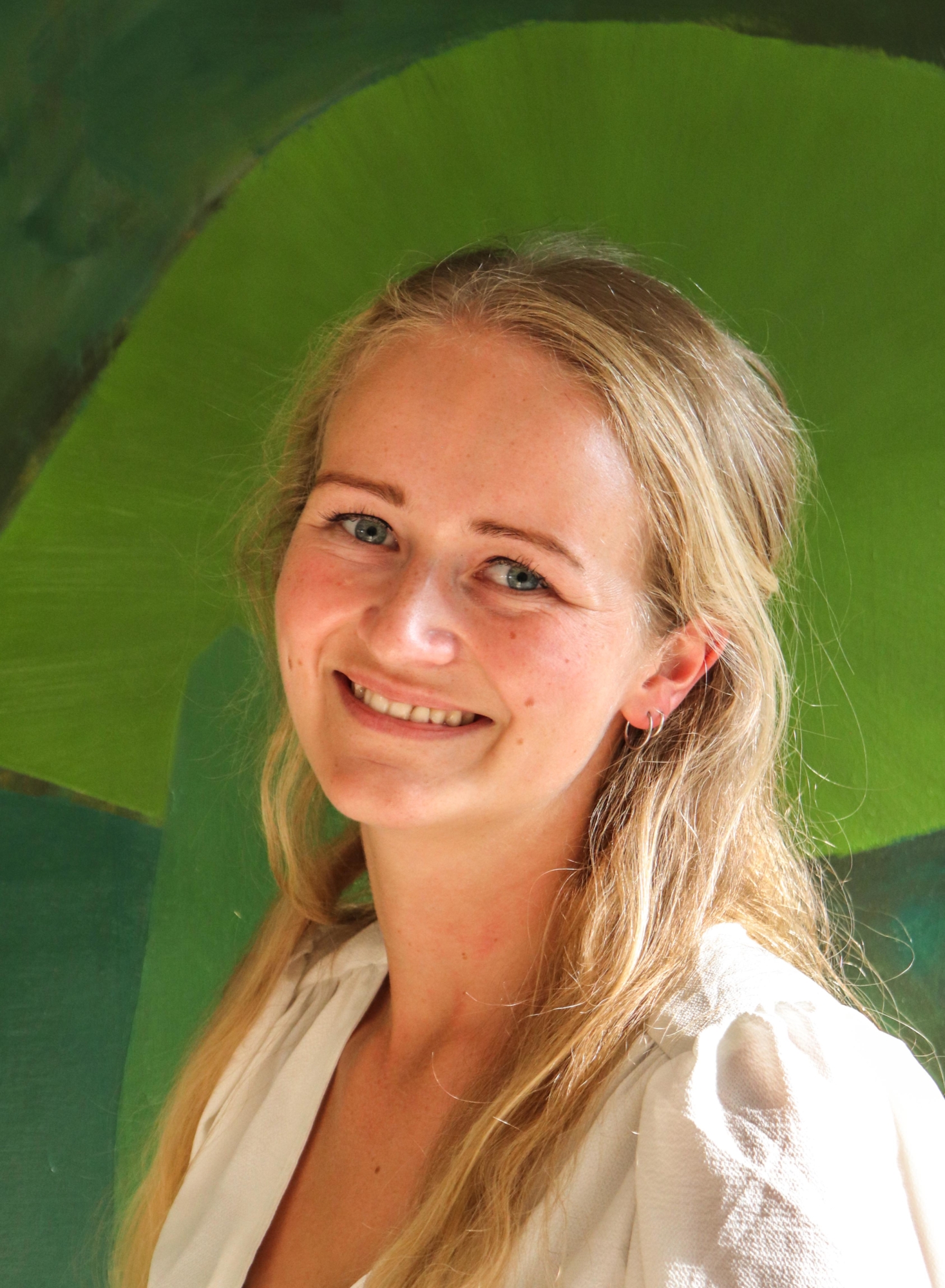Quantitative fluorescence molecular endoscopy using durvalumab-680LT to gain insight into the heterogeneity of programmed death-1 ligand (PD-L1) expression before and after neoadjuvant treatment in esophageal cancer (IMI-OPTIC)
Immune checkpoint inhibitors have revolutionized the treatment of many cancer types, greatly improving the prognosis of several malignancies. Unfortunately, most patients fail to show long-term benefit to immune checkpoint inhibitors (ICIs). Adequate methods to select patients that are likely to respond, have yet to be identified. With this study, we aim to investigate the feasibility of quantitative fluorescence endoscopy using durvalumab-680LT to gain insight into the heterogeneity of PD-L1 expression in patients with esophageal cancer.
Background
Treatment of patients with locally advanced esophageal cancer consists of neoadjuvant chemoradiotherapy followed by surgical removal of the esophageal tumor and potentially tumor-positive lymph nodes. Promising data show that the addition of ICIs to neoadjuvant treatment can be beneficial. Unfortunately, not all patients respond to ICIs, and knowledge about biomarkers that predict response to ICI therapy is required. Tumor expression of programmed death-ligand 1 (PD-L1), one of the immune checkpoints targeted by ICIs, has been suggested as a predictive marker of response to treatment. Studies performed in patients with various solid tumors demonstrated an improved response to ICIs and survival benefit in patients with higher PD-L1 expression. Nonetheless, not all patients with high tumor PD-L1 expression benefit from ICIs, while some patients lacking PD-L1 tumor expression do. Moreover, evaluation of tumor PD-L1 expression is a biopsy-based assessment, which can be prone to errors due to heterogeneity in tissue expression. Novel methods are needed to gain more insight into the PD-L1 expression to better select patients who are likely to benefit from ICIs. We hypothesize that quantitative fluorescence endoscopy using the tracer durvalumab-680LT targeting PD-L1 is a promising technique to investigate the heterogeneity of PD-L1 expression.
Study design
A total of 36 patients suspected for locally advanced esophageal cancer will be included. Patients will receive a single intravenous dose of durvalumab-680LT 2-4 days prior to the two fluorescence endoscopy procedures that are scheduled before and after neoadjuvant therapy. Subsequently, extensive ex vivo analyses will be performed in order to correlate fluorescence signals with histology and to gain more insight into tissue distribution of the tracer.
